Highland hospitality group Cru Holdings says it is absorbing “what we can when we can” as it copes with soaring energy prices and rising supply chain costs.
The company which operates seven hospitality venues in Inverness and Nairn, has witnessed huge increases in its energy bills in line with sector trends.
In the company’s venues with new contracts, this has seen a startling rise in energy costs of 150% and a cash increase of £15,000-£20,000 which is putting a strain on finances although the business is trying not to pass all of this straight onto customers.
“Let’s say your (energy) prices go up 20%, we are not putting our prices up 20%, we are absorbing what we can,” Cru Holdings managing director Scott Murray told The Press and Journal.
Mr Murray noted Cru Holdings had nurtured strong relations with its suppliers “for years” but that the business has had to retender in some cases.
Good relationships don’t keep the lights on”
“We have had to cast our net a bit wider, still using local where we can.
“Unfortunately, good relationships and loyalty on their own don’t keep the lights on.
“The whole supply chain, we need each other to make it work.”
Finding solutions
The Cru boss also noted the business had mulled creative ways to reduce costs such as taking fewer deliveries, necessitating fewer drivers and less use of vans.
Citing a “massive crisis” with recruitment across the hospitality sector, Cru, which has 120 staff, nonetheless conceded there were potential savings to be made with fewer employees on the payroll.
But that has meant in some cases Cru has shut a venue one or two days a week to allow “stronger teams to operate at full capacity.”
It has also triggered a cap on customers at some places, so customers can be comfortably handled with the right staff and crucially, return.
Mr Murray said: “We don’t just want that customer to come tonight, (we want them) to come again and again.”
Tough winter ahead for bars and restaurants
The hospitality chief conceded it will be a “tough winter” as the business inevitably faces the seemingly inexorable rise in energy costs across the sector.
“The real indicator will be the next couple of months once the tourists start to leave,” he noted.
“The industry operates on a margin so our prices go up and we need to pass that on.
“Normally, it is once a year but we are reviewing costs on a monthly basis. At some point it has to give.
…We are reviewing costs on a monthly basis. At some point it has to give.”
“Monkfish went through the roof and we could not put that dish on at a price that was reasonable.
“We have to redo our menus – that does allow you to explore produce you didn’t consider before – maybe cheaper cuts. So we try to look at the positives.”
One of those positives “in a sea of negatives” has been the rapid decrease of fuel costs in recent weeks, a factor in helping Cru staff travel to work while the company has also sought to make wages a compelling proposition as well as provide staff benefits.
Pay more to relieve ‘massive crisis’ in hospitality recruitment
Coming out of lockdown the hospitality grouping joined the Real Living Wage scheme and either pays its staff average or above average money — in some cases, this is “significantly above average”.
Mr Murray added: “We try to create a culture not just of cold, hard cash.”
Cru cited its need to pay “six-figures” full annual business rates to the local authority now most Covid restrictions have eased, coupled with the grouping also back to full rents while VAT is yet another bill to add to the pile.
Much debate has homed in on the need for national government to help with domestic energy costs using the price cap, with Mr Murray flagging the need for a similar approach to commercial premises.
The Cru chief also pointed to the abundance of green energy sitting on the Highlands’ doorstep as a way of potentially alleviating some of the more eye-watering costs on businesses.
“We live in the north of Scotland and we produce renewable energy,” he said, adding: “I have not seen wind go up in price, so I’m not sure why the electricity coming out of wind has gone up apart from the government not stepping in to control it.”
Read more:
- Energy bills: Here’s how your costs are set to rocket unless government takes action
- Companies could get more energy bill help from ministers
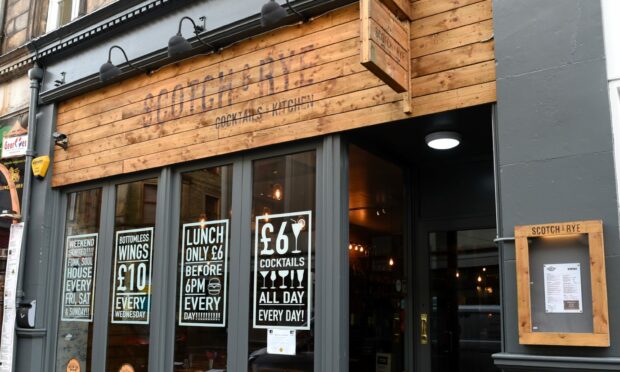

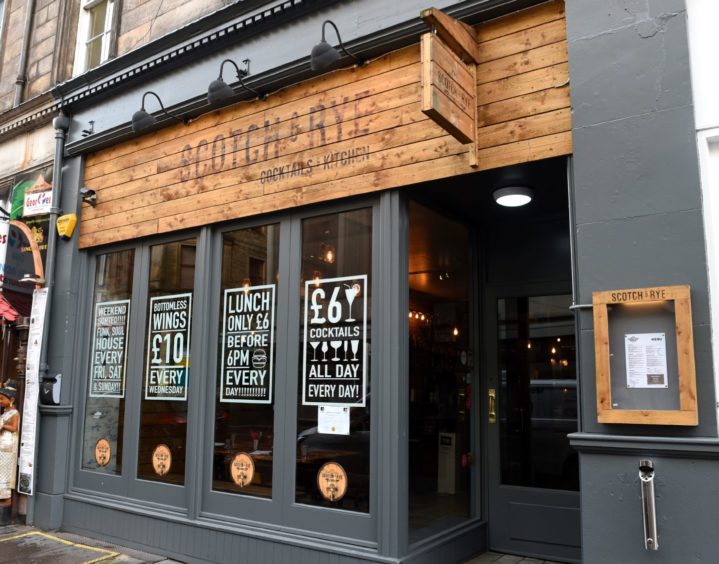
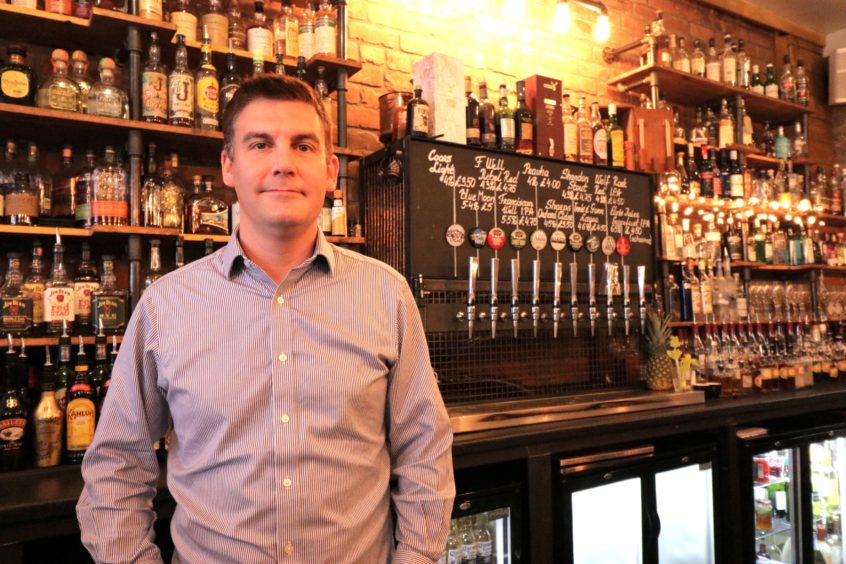
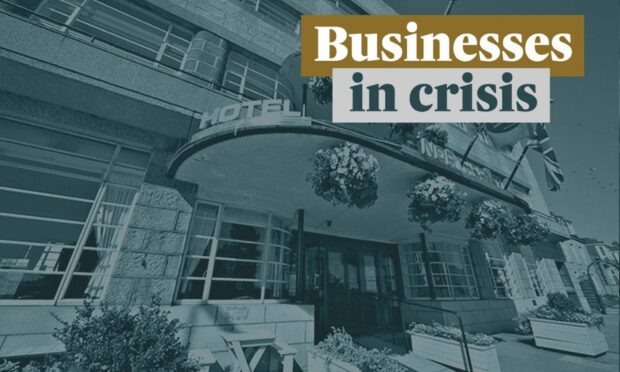

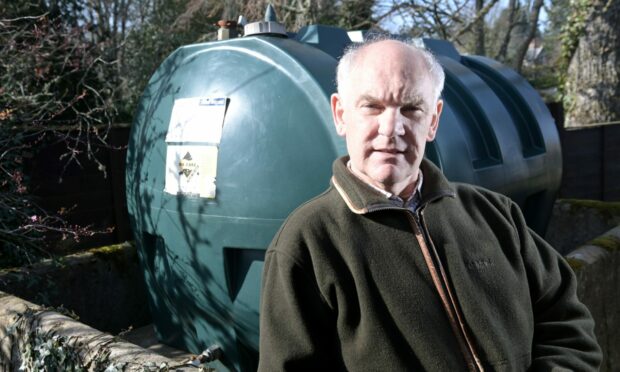
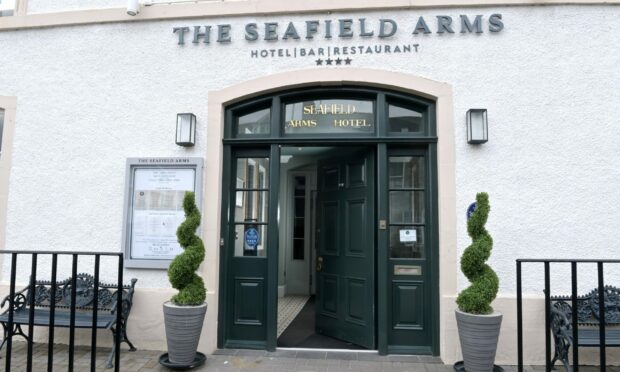
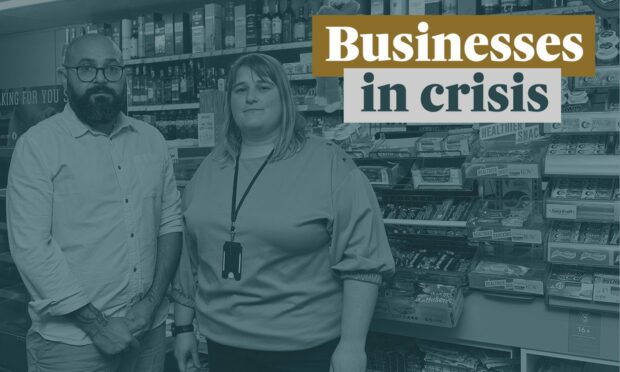
Conversation